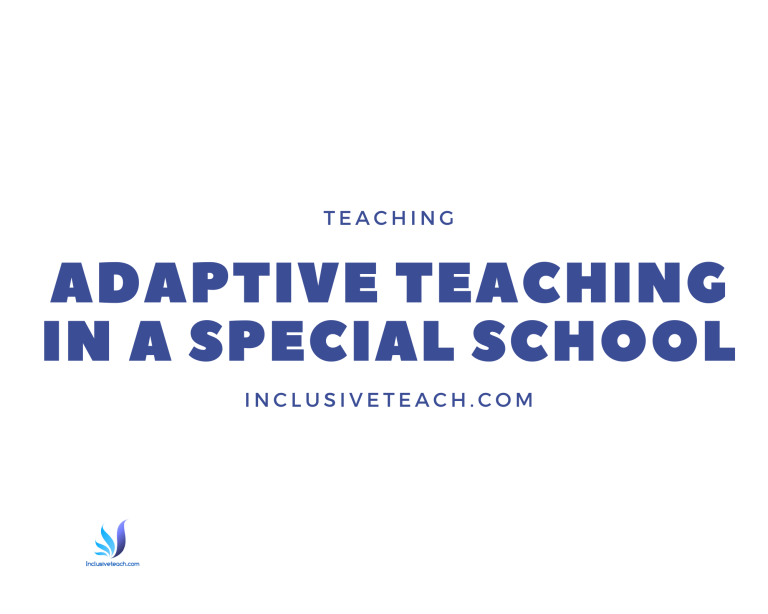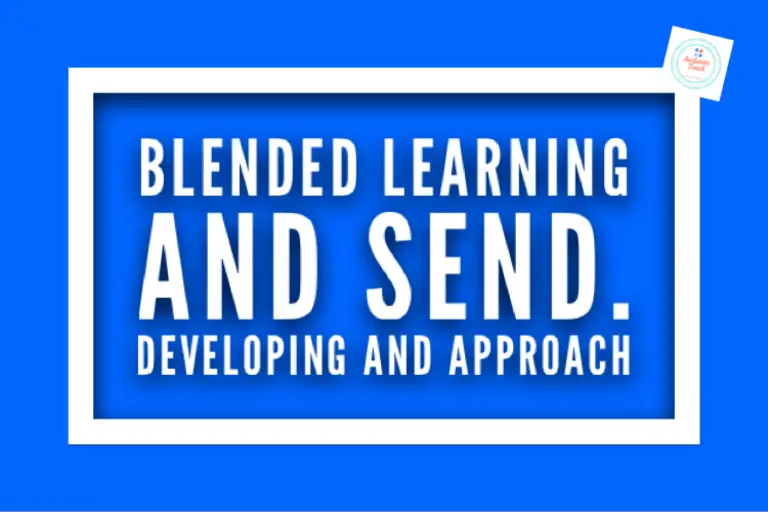The Importance of High Expectations for Pupils with Special Educational Needs (SEN)
What Research Says About High Expectations and SEN
Special Educational Needs (SEN) is a term that encompasses a wide range of learning difficulties, disabilities, and conditions that make it harder for children to learn than most children of the same age. These needs can be broad, ranging from physical disabilities, cognitive impairments, emotional and behavioural difficulties, to specific learning difficulties like dyslexia. s a system of support and provision for children and young people with special educational needs and disabilities (SEND). These are learners who face barriers to learning and require additional or different support from their peers. Despite these challenges, it is crucial to maintain high expectations for pupils with SEN. This article will explore the importance of these expectations and how they can positively impact the educational journey of SEN students, how they can help support the best SEND outcomes for pupils.
One of the key principles of special education in the UK is to have high expectations for all learners, regardless of their level of need or disability. This means that teachers, parents, and learners themselves should believe in their potential and ability to achieve their goals and aspirations. Having high expectations is important because:
- It can motivate and inspire learners to work hard, persevere, and overcome challenges. Research has shown that learners with high self-efficacy (the belief that they can succeed) tend to perform better academically and socially than those with low self-efficacy.
- It can foster a positive and inclusive learning environment, where learners are valued, respected, and supported. Research has also shown that learners with SEND benefit from being exposed to the same curriculum and standards as their peers, as long as they receive appropriate differentiation and scaffolding.
- It can lead to better outcomes and opportunities for learners in the future. Having high expectations can help learners develop the skills, knowledge, and confidence they need to transition to further education, employment, or independent living. Research has also shown that parental expectations are a strong predictor of post-school outcomes for learners with SEND.
Therefore, having high expectations for learners with SEND is essential for their success and well-being. However, having high expectations does not mean having unrealistic or unreasonable expectations. It means having appropriate and achievable expectations that are based on each learner’s strengths, interests, and needs. It also means providing the necessary support and guidance to help learners reach their full potential.
The Power of High Expectations
Expectations play a significant role in the learning process. They can shape a student’s self-perception, motivation, and ultimately, their academic performance. When educators hold high expectations, they communicate a belief in the students’ abilities, fostering a growth mindset that encourages them to strive for success. This principle applies equally, if not more, to pupils with SEN.
Promoting Inclusion and Equality
High expectations for SEN pupils can challenge the societal stereotypes and biases that often limit these students’ opportunities. By setting the bar high, educators can help dismantle the harmful narrative that SEN pupils are incapable of achieving their goals and aspirations. They can stop the comparisons to the achievements of their peers and show the value of special education provision.
High expectations are a cornerstone of inclusive education. They ensure that all students, regardless of their abilities or needs, are given equal opportunities to succeed. This approach recognises that pupils with SEN can learn and achieve, albeit sometimes at a different pace or through different methods.
By maintaining high expectations, educators can promote a more inclusive and equitable learning environment. They can challenge the traditional deficit-based view of SEN, focusing instead on the strengths and potential of these students.

Enhancing Self-Esteem and Motivation
High expectations can also boost the self-esteem and motivation of pupils with SEN. When teachers believe in their abilities, these students are more likely to believe in themselves. This increased self-confidence can motivate them to engage more actively in their learning, leading to better academic outcomes.
Moreover, high expectations can foster resilience in SEN pupils. By setting challenging yet achievable goals, educators can help these students learn to overcome obstacles, building their resilience and perseverance.
Improving Learning Outcomes
Research has consistently shown that high expectations can improve learning outcomes for all students, including those with SEN. When teachers hold high expectations, they tend to provide more rigorous instruction and support, leading to higher academic achievement.
For SEN pupils, high expectations can translate into individualised learning plans that challenge them at their level. This personalised approach can help these students make significant progress, both academically and personally.
Conclusion
In conclusion, high expectations are crucial for pupils with SEN. They challenge societal biases, promote inclusion and equality, boost self-esteem and motivation, and improve learning outcomes. As educators, it is our responsibility to hold high expectations for all students, recognizing their potential and supporting them in their learning journey. By doing so, we can help ensure that every student, regardless of their needs or abilities, has the opportunity to succeed.







2 Comments